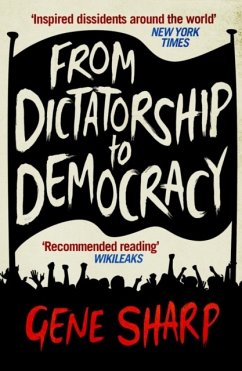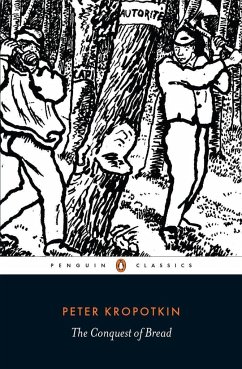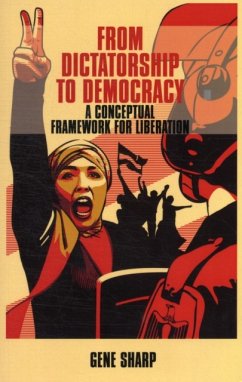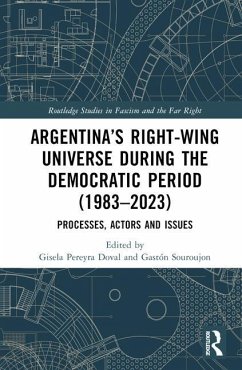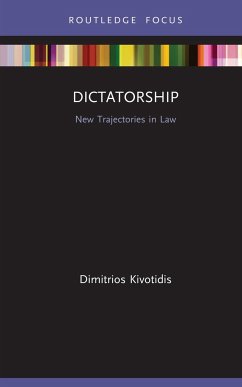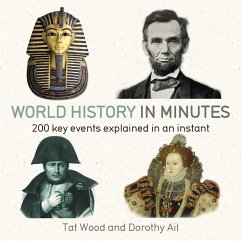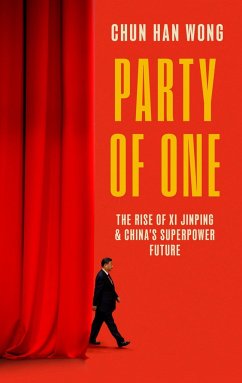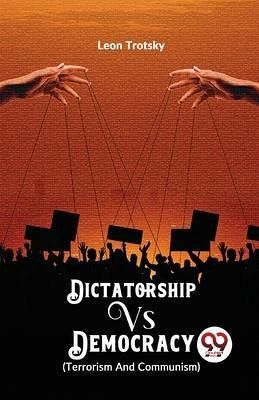
Dictatorship vs. Democracy (Terrorism and Communism)
Versandkostenfrei!
Versandfertig in über 4 Wochen
13,99 €
inkl. MwSt.
Weitere Ausgaben:

PAYBACK Punkte
7 °P sammeln!
A Marxist revolutionary and political thinker named Leon Trotsky authored the book "Dictatorship Vs. Democracy" in 1937. Trotsky's writings and articles collected in this volume analyses the political climate in the Soviet Union, the emergence of fascism in Europe, and the conflict between democracy and autocracy. According to Trotsky, Joseph Stalin's rule over the Soviet Union resulted in its transformation into a totalitarian dictatorship. Stalin's installation of an oppressive dictatorship and betrayal of the principles of the Russian Revolution are criticized by Trotsky. He also talks on t...
A Marxist revolutionary and political thinker named Leon Trotsky authored the book "Dictatorship Vs. Democracy" in 1937. Trotsky's writings and articles collected in this volume analyses the political climate in the Soviet Union, the emergence of fascism in Europe, and the conflict between democracy and autocracy. According to Trotsky, Joseph Stalin's rule over the Soviet Union resulted in its transformation into a totalitarian dictatorship. Stalin's installation of an oppressive dictatorship and betrayal of the principles of the Russian Revolution are criticized by Trotsky. He also talks on the danger of fascism and how crucial it is to protect democracy against it. The Soviet Union banned the book because it was so divisive. Stalin finally ordered Trotsky's exile and murder in 1940. "Dictatorship Vs Democracy" is nevertheless an important contribution to Marxist theory and a crucial document in the history of the Soviet Union despite its contentious character.





